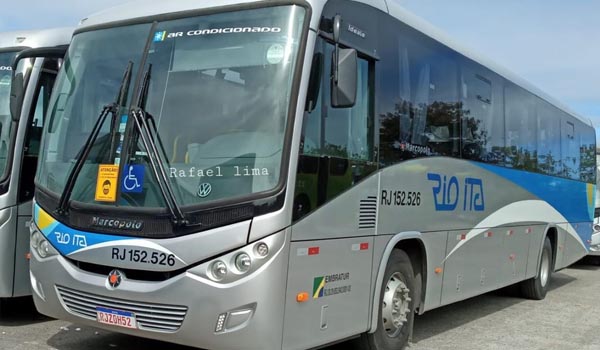French media powerhouse Canal+ has completed its full takeover of MultiChoice Group, the parent company of DStv and GOtv, in a landmark $3 billion deal.
The acquisition, approved by South Africa’s Competition Tribunal on July 23, gives Canal+ the remaining 55% stake it didn’t previously own.
The Tribunal’s approval came with conditions. Canal+ must protect South Africa’s media independence and invest in local content. The deal is expected to be finalised by October 8, 2025.
Canal+ already operates in 25 African countries with over eight million subscribers.
With MultiChoice’s 14.5 million users across 50 sub-Saharan nations, the merger creates a media juggernaut aiming for 50 to 100 million subscribers continent-wide.
A Multilingual Media Powerhouse Emerges
MultiChoice brings more than just numbers. It owns premium platforms like SuperSport, Africa Magic, M-Net, and Showmax.
Canal+ CEO Maxime Saada called the deal “transformative”, adding: “The combined group will benefit from enhanced scale, greater exposure to high-growth markets and the ability to deliver meaningful synergies.”
The merger blends Canal+’s French-language content with MultiChoice’s English and Portuguese offerings. This multilingual mix is expected to serve Africa’s diverse audiences more effectively.
Canal+ began its takeover bid in 2023, offering 125 rand per share. The deal now positions the French firm to challenge global streaming giants like Netflix and Amazon Prime Video in Africa’s fast-growing entertainment market.
Local Content Gets a Boost
As part of the Tribunal’s conditions, Canal+ will invest 26 billion rand over three years to support South Africa’s public interest goals.
This includes keeping MultiChoice’s headquarters in South Africa, funding local sports and entertainment, and backing small content creators.
In a joint statement, both companies said: “We will maintain funding for South African general entertainment and sports content, providing local content creators with a strong foundation for future success.”
The deal also includes commitments to job protection, support for historically disadvantaged persons, and increased procurement from local SMEs.
Some analysts say this could reshape Africa’s media and expand global access to African-made content.
💬 Do you think this merger will help African content reach global audiences—or in the reverse, dilute local storytelling? What’s your general view?Rate, Like 👍, Comment💬, share this article, Follow us on our social media handles, and Submit your own story to get featured and earn rewards!







